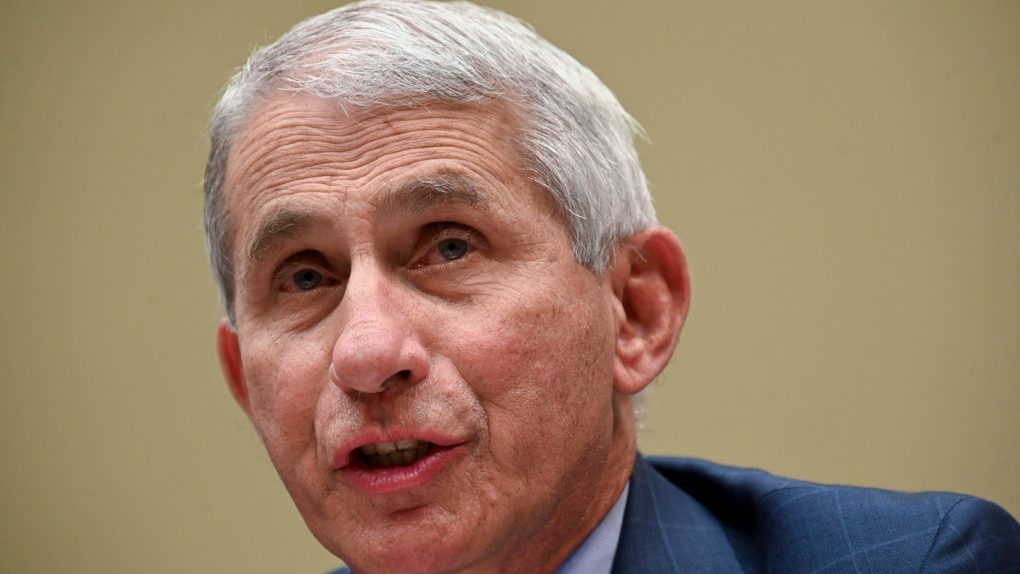- Dr. Anthony Fauci confirmed on Wednesday that the earliest we should expect a coronavirus vaccine to arrive is January, if then.
- That’s because companies making the vaccines have to hit benchmarks that include a certain number of participants getting sick so that the companies have enough data to study — which also then takes, well, time to study.
- This comes as the US is on the cusp of a tough winter as coronavirus cases are surging around the country.
White House health advisor Dr. Anthony Fauci on Wednesday dashed the hopes of anyone who was anticipating the potential arrival of a first coronavirus vaccine before the end of 2020, something that President Trump himself had been promising would happen as he heads into an Election Day that almost every poll right now says he’s sure to lose.
During a series of media appearances throughout the day, in fact, Dr. Fauci was overall pretty dire about the country’s prospects right now in the face of a brutal new wave of the coronavirus pandemic that he’s anticipating will hit the US hard this winter and bring the country “a whole lot of pain.” Perhaps the most glum of his negative pronouncements, though, related to the timetable for a vaccine, which seems to keep getting pushed back on the calendar — with Dr. Fauci now saying the first vaccine won’t get here until January, at the earliest.
That, Dr. Fauci explained in an interview with the editor-in-chief of the Journal of the American Medical Association, is because the vaccine trials that are under way now have to hit a certain number of their participants getting sick so that the vaccine’s efficacy can be studied. That’s not expected to happen until December, at which point the vaccine makers then need time after that to study how their vaccine performs, then they file a request for emergency use with the FDA, and participate in an agency hearing.
“Somewhere around December, you will start to see companies with enough events” to have enough data to analyze, Dr. Fauci explained in the JAMA interview, which you can watch above. “Then, it’s up to them to recommend that the company can then move forward. By moving forward, they can apply for an emergency use authorization from the FDA.
“Exactly when the (emergency use authorization) will be granted — could be January, could be later — we don’t know.”
On the one hand, that’s phenomenal news, considering the years-long timespan that’s usually needed to develop a vaccine. However, as Dr. Fauci explained in another interview Wednesday with Australia’s University of Melbourne, when you put a January vaccine arrival into context, you begin to see how long we still have to go in terms of dealing with this pandemic. “If we get a vaccination campaign, and by the second or third quarter of 2021 we have vaccinated a substantial proportion of the people,” Fauci said, “I think it will be easily by the end of 2021 — and perhaps even into the next year — before we start having some semblances of normality.”
Depressed yet? Fauci wasn’t done. A Wednesday evening interview on CNBC’s The News with Shepard Smith was also part of the media gauntlet that the doctor ran today, in which he explained that with COVID-19 cases rising in 47 states, pretty much the entirety of the country is “going in the wrong direction.” And because the lockdowns earlier this year were so polarizing, there’s almost no way to pursue them again.
“There is very little appetite for a lockdown in this country,” Dr. Fauci said. “There’s going to be major pushback both from above and at the local level.” Which is why he reiterated that the best we can do are the things we’ve been hearing since the start of this whole crisis. Wear face masks, socially distance ourselves, and avoid crowds — and try not to surrender to coronavirus fatigue, which causes people to get lax and prolong this whole thing.








